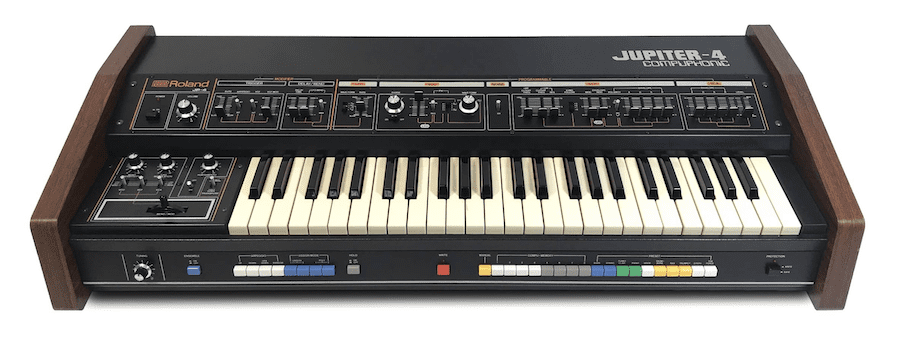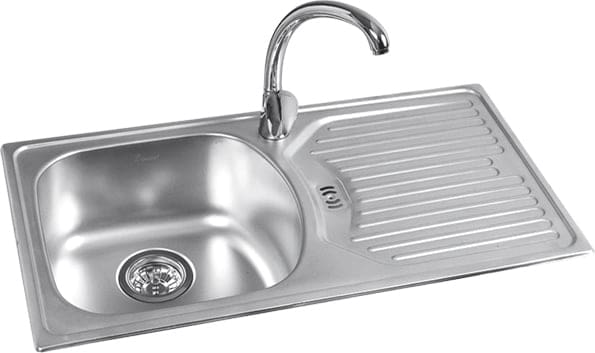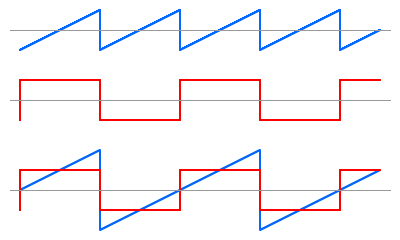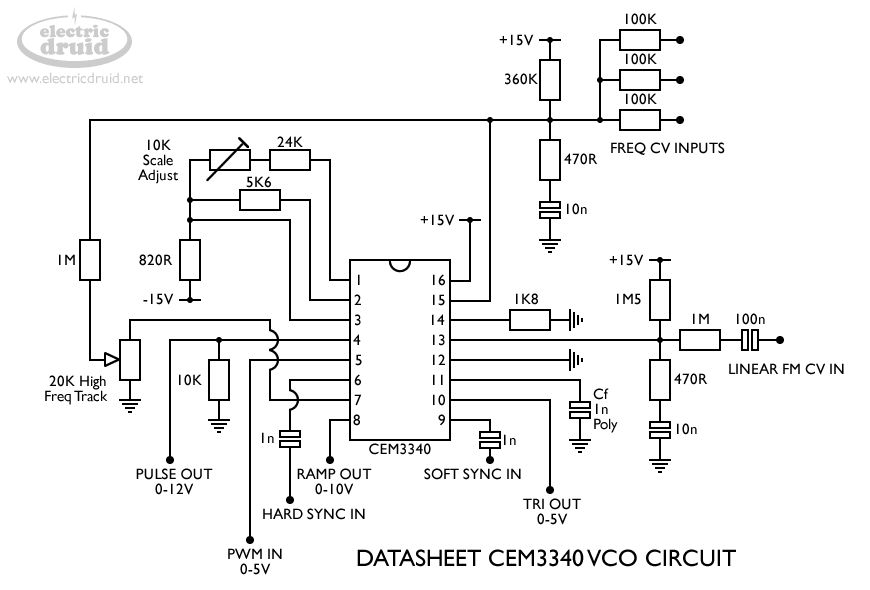The Jupiter 4 was Roland’s first polysynth in 1979. Given that the Prophet 5 had been released the previous year, Roland were definitely playing catch-up, and the design looks notably less “modern” than Sequential’s game-changing instrument. Nonetheless, the Jupiter 4 is well thought of and sounds great, with a character of its own. It’s the […]






